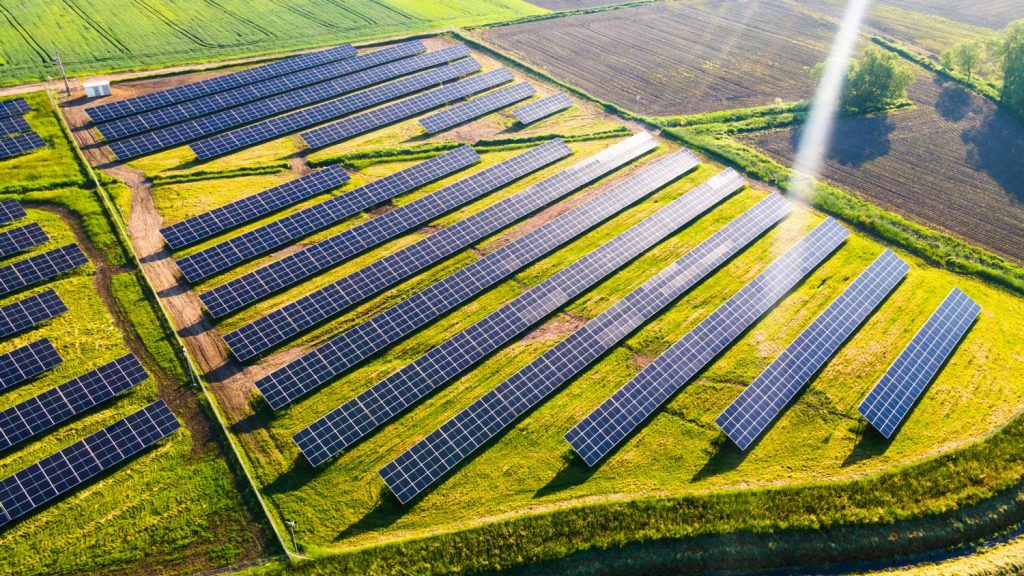Power intermediary bids to de-risk energy investment in Zim

THE Zimbabwe Investment and Development Agency has licensed more than 400 projects this year with a projected value of over US$5 billion.
Less than 20 of the licenses were given to energy projects but the projected value of investment in the sector accounts for more than half of this total—US$3,5 billion—underscoring an emerging move in the space amid an apparent deficiency.
Africa GreenCo (GreenCo), one of these projects, is deploying a new and innovative approach to attract the capital required in the sector.
Lion Mashiri, the company’s Operations Advisor and representative in Zimbabwe said it would act as a “credit-worthy” buyer of power, reducing the risk and therefore the cost of investing in energy in the country and the region.
It started with operations in Zambia, working with the southern Africa power pool, with a long-term goal of expanding to Zimbabwe and three other African countries and mobilising US$2 billion in investment.
Even though raw power resources are available throughout Africa, an estimated 600 million people in sub-Saharan Africa do not have access due to the uneven distribution of sources.
To make things worse, the lack of credit-worthy purchases of power deters private sector investment in new power plants, as well as trade across the region, a reality Zimbabweans have suffered severely in recent years as state power utility ZESA has often failed to import enough power to cover the local generation gap.
Currently, the international development community provides financial assistance mostly on a project-by-project basis through a combination of grants, equity investment, loan finance, and guarantees to cover sovereign credit risk.
According to experts, this approach is “piecemeal” and frequently lacks coordination because it also relies on heavily indebted governments assuming very large contingent liabilities to underwrite the obligations of off-takers, and it can be seen to crowd out rather than catalyse private sector finance in many instances.
They say it does little to solve the underlying structural and market weaknesses that currently make the provision of finance to the sector so time-consuming and expensive.
Recent ICA, World Bank and UN surveys all highlight the lack of off-taker creditworthiness as the key hurdle for private sector investment in Africa.
GreenCo’s solution entails the introduction of an independently managed, creditworthy, intermediary off-taker and power trader to sit between renewable electricity generation companies on the one hand, and both state-owned and private sector off-takers on the other.
In case of a utility defaulting, GreenCo says it would rely on “various” risk mitigation tools including the right to exercise an option to sell power to other utilities.
According to Mashiri, in Zimbabwe, this would create a more favourable environment for a wider universe of investors and reduce the fiscal burden on the governments by reducing the probability of early termination buyout obligations crystalising.
“Success for GreenCo in Zimbabwe looks like more businesses investing in energy,” he said last week in an interview with The Financial Gazette.
“Once investors come in and operate in the country, and we demonstrate that you can invest in energy here, it will generate a lot of excitement and interest, even unattached to the GreenCo model because people will realise that they can do business here and find their own way.”
He said it would also more efficiently match electricity supply and demand; help optimise deployment of intermittent renewable energy generation facilities on a regional basis; and increase the liquidity and effectiveness of the Southern African power pool through trading.
“There will also be heightened industrial development, which is our end goal.
“The country cannot industrialise on generators, so investment in energy will create jobs directly and indirectly.
“Crucially, we will have a more economic tariff… one of the reasons power is expensive at the moment is lack of availability, but once we have more supply within the country and across the region, tariffs will inevitably go down,” Mashiri
He said GreenCo had already received “a lot” of interest among independent power producers (IPP) in Zimbabwe, with commitments representing 600 MW of generation—about a third of the country’s peak demand.
“But for starters, as a proof of concept, we want to get up and running with a project of say, 50 MW.
“Once that is up and running, we are confident that it will send the right signals to investors because remember confidence is the name of the game,” Mashiri said.
He said GreenCo was ready to adjust its typical model to cater for the needs of investors and prospective investors in Zimbabwe.
“Our arrangements are typically built around trading service agreements, but when we came here, we realised that there were some businesses who had already started their own development from equity but needed access to the market.
“There is also the intensive energy users group, and that kind of an arrangement doesn’t exist anywhere else and we have had to tailor a solution for their specific needs.
“We also have some local miners with plants dotted across various sites that need solutions and present situations that are somewhat peculiar to Zimbabwe.”
And if GreenCo’s experiences are anything to go by, Zida’s efforts to improve the ease-of-doing-business in the country are starting to pay off: “From our perspective, compared to other territories where we are getting into the region, the investment landscape in Zimbabwe is not worse off, in fact, the pace at which we moved in Zimbabwe was impressive.”
“In some jurisdictions, we took more than two years, but in Zimbabwe, we did not negotiate for more than three months,” Mashiri said.

